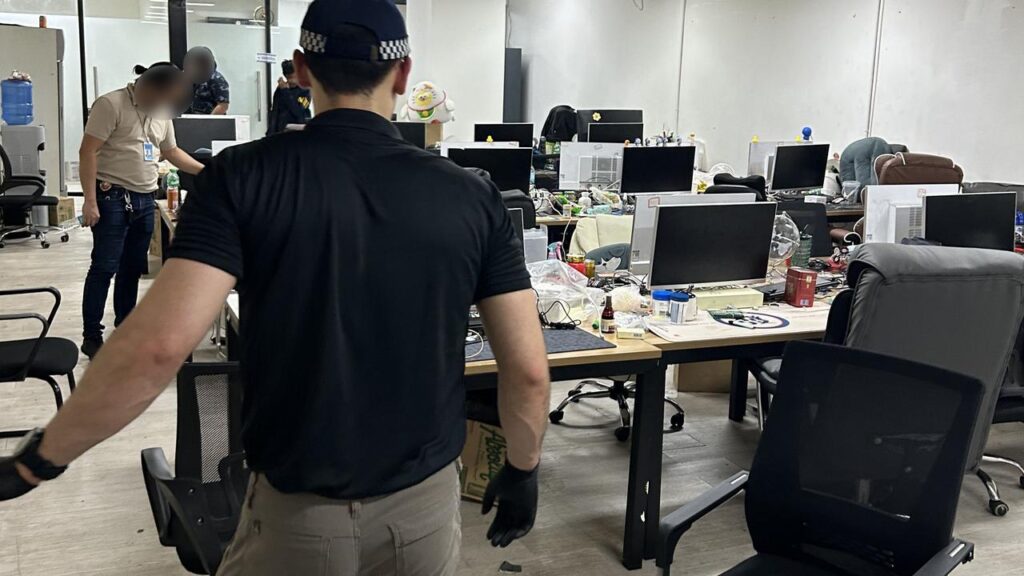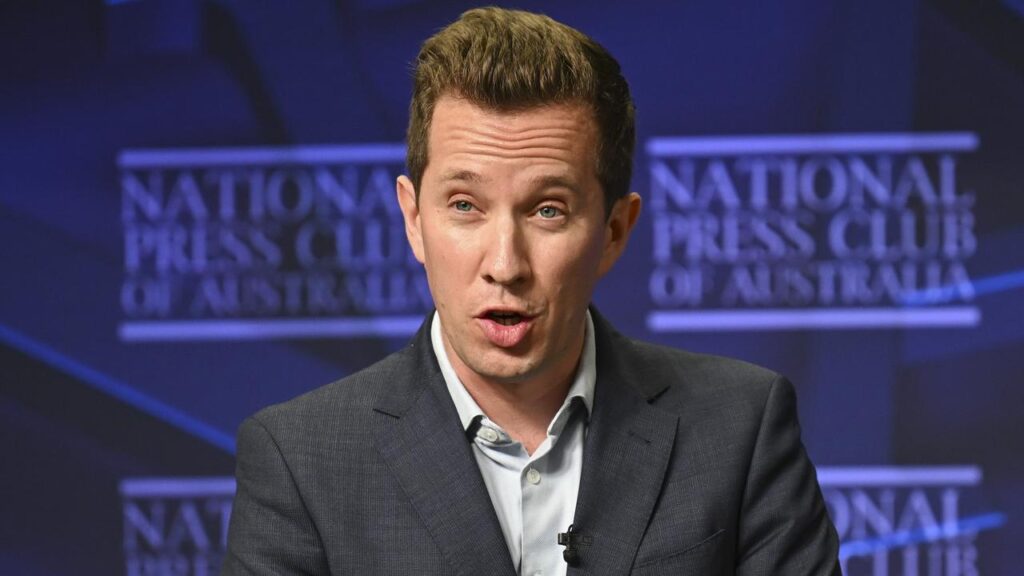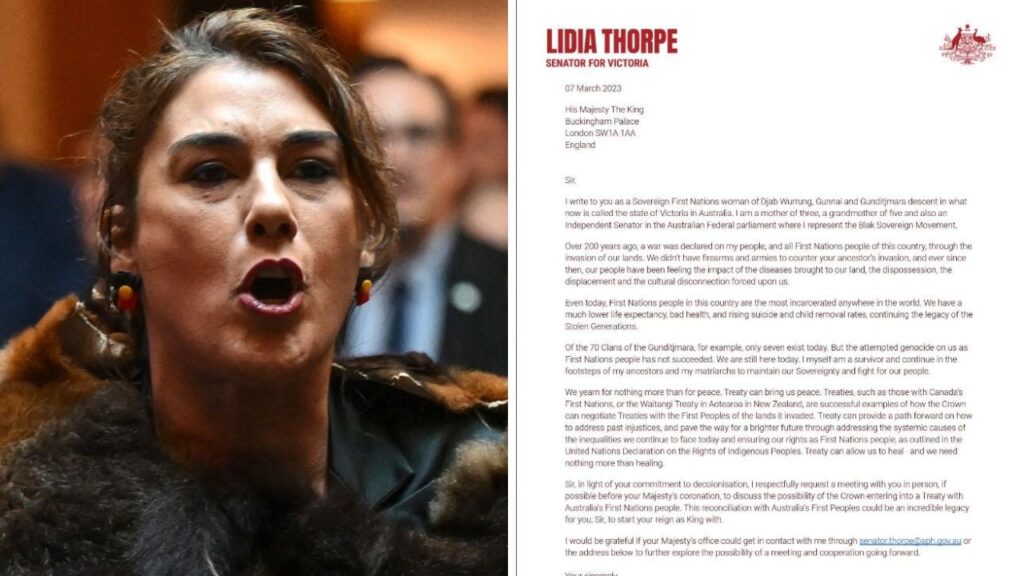Aussie teachers ‘leaving profession’ in droves
Written by admin on October 25, 2024
Today, on World Teachers’ Day, I pay tribute to our often-underappreciated educators who consistently go above and beyond to ensure their students succeed and thrive.
Looking back to when I was a hopeful teenager, it was my teacher, Mr Mackey, who completely changed the trajectory of my life.
He saw the potential in me that I couldn’t see in myself, and he helped me believe that my future was not constrained by the context in which I was born. I am forever grateful for his belief in me.
Over the past 15 years of Teach For Australia (TFA), I have listened to countless stories from students whose lives were transformed by their exceptional TFA teachers. Stories that often echo my own.
It’s clear that Australian schools are facing significant challenges due to the current teacher shortages sweeping the country, with the latest Australian Principal Occupational Health, Safety and Wellbeing Survey revealing the incredible stress and lack of respect teachers and school leaders are facing, leading them to contemplate leaving the profession.
This pervasive feeling of a lack of respect has severe implications, particularly on teacher retention rates.
However, media coverage and online discussion, such as the #TeacherQuitTok trend, are bringing much-needed attention to these very real frustrations, sparking important conversations which could lead to meaningful change.
In light of these challenges, we must ask how we can better respect, support and attract exceptional teachers and school leaders. And how can we help rewrite the current narrative surrounding teaching, so we are not unintentionally devaluing this noble profession?
This World Teachers’ Day, we must celebrate the transformative impact teachers can and do have on their students, and draw attention to the tremendous joy and fulfilment that comes from connecting with and nurturing our future leaders and innovators.
Since 2009, TFA has placed over 1600 exceptional new teachers into schools, supporting over 650,000 young people to reach their potential.
Their journey to teaching is often not linear; they come from different walks of life – ranging from aeronautical engineering to law and everything in between. What unites them is a shared moral purpose for educational equity.
While Australia urgently needs more teachers, there is also an urgent need to address the diversity of our teaching workforce. A Melbourne University study found that teaching doesn’t reflect the vibrant diversity of our society, disproportionately impacting our most disadvantaged students.
A diverse teacher workforce is crucial not only for improving outcomes for minority groups, but also for deepening cultural and social understanding, enabling tailored support for students’ specific needs.
However, traditional pathways into teaching or even postgraduate pathways aren’t always accessible.
According to the 2022 Closing the Gap report, First Nations people aged 20 to 24 were less likely to finish Year 12 in comparison to non-Indigenous Australians in the same age range.
TFA teacher Kyla Bokelund is a proud First Nations woman who was born in Melbourne but moved to rural Western Australia during her primary school years. She quickly saw the vast educational disparities, with some students having to work much harder to succeed.
While Ms Bokelund was able to enter higher education, she knows it’s not possible for everyone. Confronted with barriers like racism, a lack of resources and low expectations, her experiences motivated her to pursue a career in education after initially studying psychology.
Her unique understanding of the challenges that students, especially First Nations young people, may encounter allows her to create inclusive and supportive learning environments where all students can thrive.
Ms Bokelund has experienced the cycle of disadvantage first-hand, and she wants to break it.
This inherent belief in potential is why TFA has introduced a new Undergraduate Teaching Program to open the door for people with diverse backgrounds and professional and lived experiences.
This four-year undergraduate employment-based program blends classroom experience with academic study, offering an accessible teaching pathway for high potential candidates who may find traditional routes unattainable.
Not only will students across the country benefit from having diverse teachers in the classroom, our communities will too.
More Coverage
By nurturing the same belief and support that Ms Bokelund provides her students and that Mr Mackey provided me, we can ensure more students receive the encouragement they need to realise their dreams.
Here’s to our teachers, and to the future they help shape.
Melodie Potts Rosevear OAM is the CEO and founder of Teach For Australia







